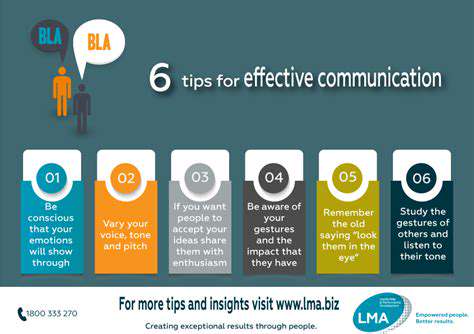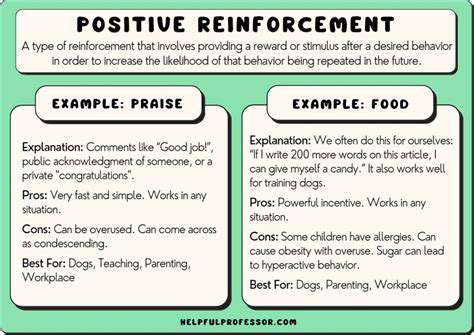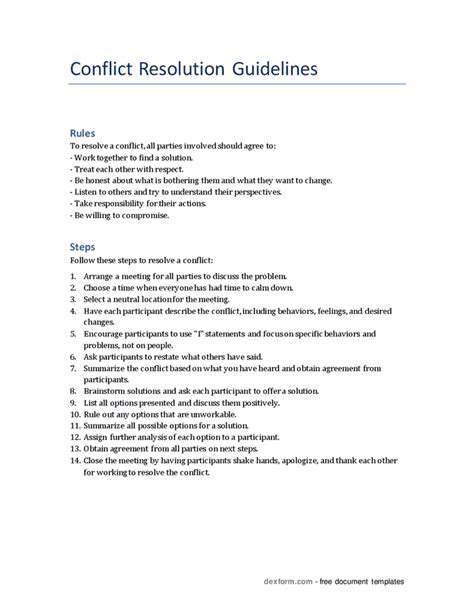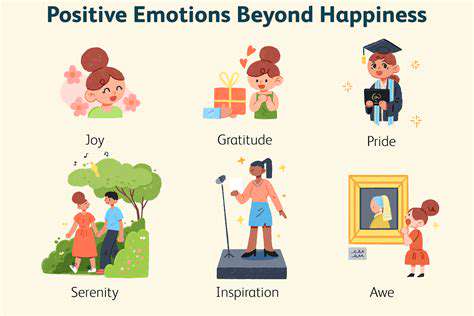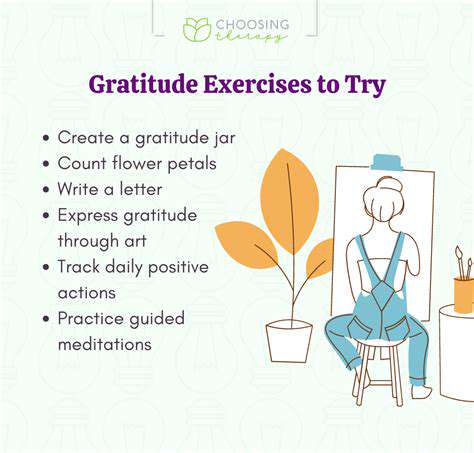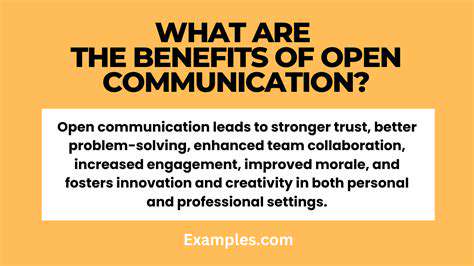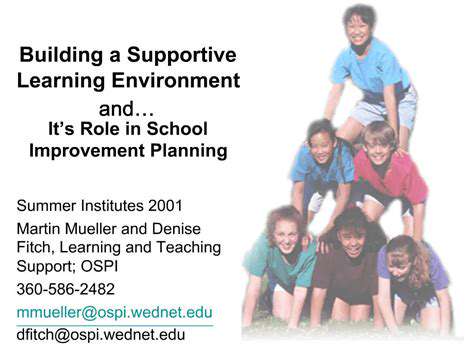Helping Kids Navigate Peer Pressure and Social Dilemmas
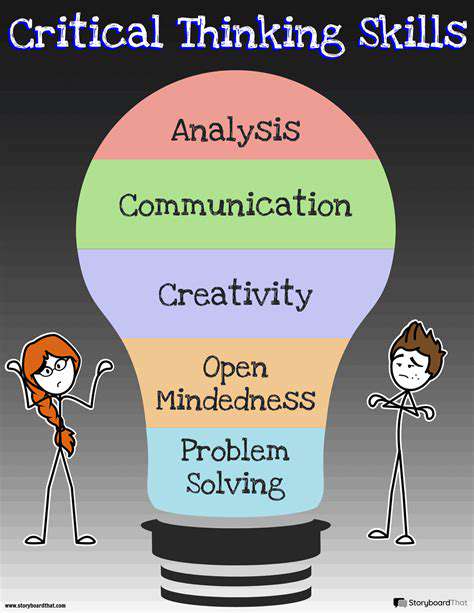
Building Self-Esteem and Confidence
Understanding the Foundation of Self-Esteem
Building self-esteem is a crucial aspect of navigating peer pressure and social situations effectively. Children with a strong sense of self-worth are better equipped to resist negative influences and make healthy choices. This foundation is built upon a combination of factors, including positive experiences, supportive relationships, and a realistic understanding of their strengths and weaknesses. Recognizing and addressing potential anxieties or insecurities early on can significantly impact a child's ability to handle challenges with confidence and resilience.
Encouraging children to embrace their individuality and celebrate their unique qualities is paramount. Helping them identify their talents and passions fosters a sense of accomplishment and pride, which are essential components of a healthy self-image. Creating a safe and nurturing environment where children feel valued and accepted is vital for cultivating a strong sense of self-worth. This environment should be free from criticism and judgment, allowing them to explore their interests and identities without fear of negative consequences.
Recognizing and Addressing Negative Influences
Peer pressure is a common experience for children, and it can significantly impact their decision-making processes. Understanding the dynamics of peer pressure allows parents and educators to equip children with the tools to navigate these situations effectively. It's essential to create an open dialogue where children feel comfortable discussing their experiences and concerns without fear of judgment. This includes acknowledging that peer pressure is a normal part of growing up while simultaneously emphasizing the importance of making choices aligned with their values and beliefs.
Recognizing potential negative influences, such as bullying or harmful behaviors within peer groups, is vital. Teaching children how to identify these situations and the importance of seeking help from trusted adults is crucial. Furthermore, fostering a sense of community and belonging can help children feel supported and less susceptible to negative peer pressure. This might involve encouraging participation in extracurricular activities, promoting positive relationships, and establishing a network of supportive individuals.
Developing Healthy Coping Mechanisms
Developing healthy coping mechanisms is essential for children to manage stress and navigate challenging social situations. These coping mechanisms can include mindfulness practices, deep breathing exercises, or engaging in activities that promote relaxation and well-being. Teaching children to identify and manage their emotions effectively is crucial in building their resilience and ability to handle pressure. Encouraging positive self-talk and focusing on their strengths can also be powerful tools in helping them navigate difficult social situations.
Promoting healthy communication skills is also important. This includes teaching children how to express their needs and opinions respectfully, how to listen to others, and how to resolve conflicts peacefully. These skills are not only valuable in social situations but are also transferable to other areas of their lives. Encouraging a growth mindset, where children view challenges as opportunities for learning and improvement, can also significantly impact their ability to handle setbacks and maintain their confidence.
Promoting Positive Self-Talk and Affirmations
Positive self-talk and affirmations are powerful tools that can significantly impact a child's self-esteem and confidence. Encouraging children to replace negative thoughts with positive affirmations can help them build resilience and self-assurance. This might involve practicing positive self-statements or focusing on their strengths and accomplishments. Regularly reminding children of their capabilities and emphasizing their unique qualities can help them develop a more positive self-image.
Building a Support System and Seeking Help When Needed
Creating a strong support system is vital for children's well-being and resilience. This support system can include family members, teachers, mentors, and friends. Having individuals to confide in and rely on during challenging times can make a significant difference in their ability to cope with peer pressure and social anxieties. Encouraging children to reach out to trusted adults when needed is crucial, whether they are facing bullying, peer pressure, or other social challenges. Providing them with resources and support networks can help them feel empowered to ask for assistance and navigate difficult situations constructively.
Recognizing when professional help is necessary is also an important aspect of building a support system. If a child is consistently struggling with self-esteem issues or negative social experiences, seeking guidance from a therapist or counselor can provide valuable support and strategies for navigating these challenges more effectively.
Teaching Conflict Resolution Strategies
Understanding the Roots of Conflict
Conflict, whether big or small, is an inevitable part of human interaction, especially amongst children. Understanding the underlying causes of conflict is crucial for developing effective resolution strategies. Often, conflicts stem from differing perspectives, unmet needs, or misunderstandings. Children might struggle to express their feelings effectively, leading to frustration and escalating tensions. Recognizing these potential triggers allows for proactive intervention and teaching children healthy ways to manage their emotions and communicate their needs.
Identifying specific triggers for conflict within a peer group is also important. Are there certain situations, like sharing toys or access to resources, that consistently lead to arguments? Understanding these patterns allows parents and educators to guide children towards more constructive behaviors, helping them navigate these challenging social dynamics. This involves teaching them to recognize their own emotional responses and to anticipate potential conflict situations.
Developing Effective Communication Skills
Strong communication skills are fundamental to conflict resolution. This includes not only expressing one's needs and feelings clearly and respectfully but also actively listening to others' perspectives. Teaching children to listen empathetically, to paraphrase what they hear, and to ask clarifying questions can significantly improve their ability to understand different viewpoints. This fosters a sense of respect and understanding, reducing the likelihood of conflict escalating.
Encouraging children to use I statements when expressing their feelings is also vital. Instead of saying You always take my toys, they can learn to say I feel frustrated when my toys are taken without asking. This shift in perspective helps to focus on the individual's feelings rather than placing blame, creating a more constructive dialogue. Furthermore, teaching children to express their needs assertively, while respecting the needs of others, will equip them with vital social skills.
Role-playing various conflict scenarios can be a highly effective way to practice these communication skills. This allows children to rehearse different responses and see how different approaches impact the outcome. By actively participating in these exercises, children gain confidence and experience in handling disagreements in a positive and productive way.
Teaching children to identify and manage their own emotions is essential to conflict resolution. Recognizing feelings like anger, frustration, or sadness, and developing healthy ways to cope with them are vital. By equipping children with emotional intelligence, they can better navigate disagreements and respond calmly and thoughtfully. This will also help them to empathize with others' feelings and understand their perspectives.
Ultimately, conflict resolution isn't just about finding a solution; it's about fostering healthy relationships and teaching valuable life skills. By actively engaging in conflict resolution strategies, children can learn to navigate challenging social situations, build stronger relationships, and develop essential life skills for success.


